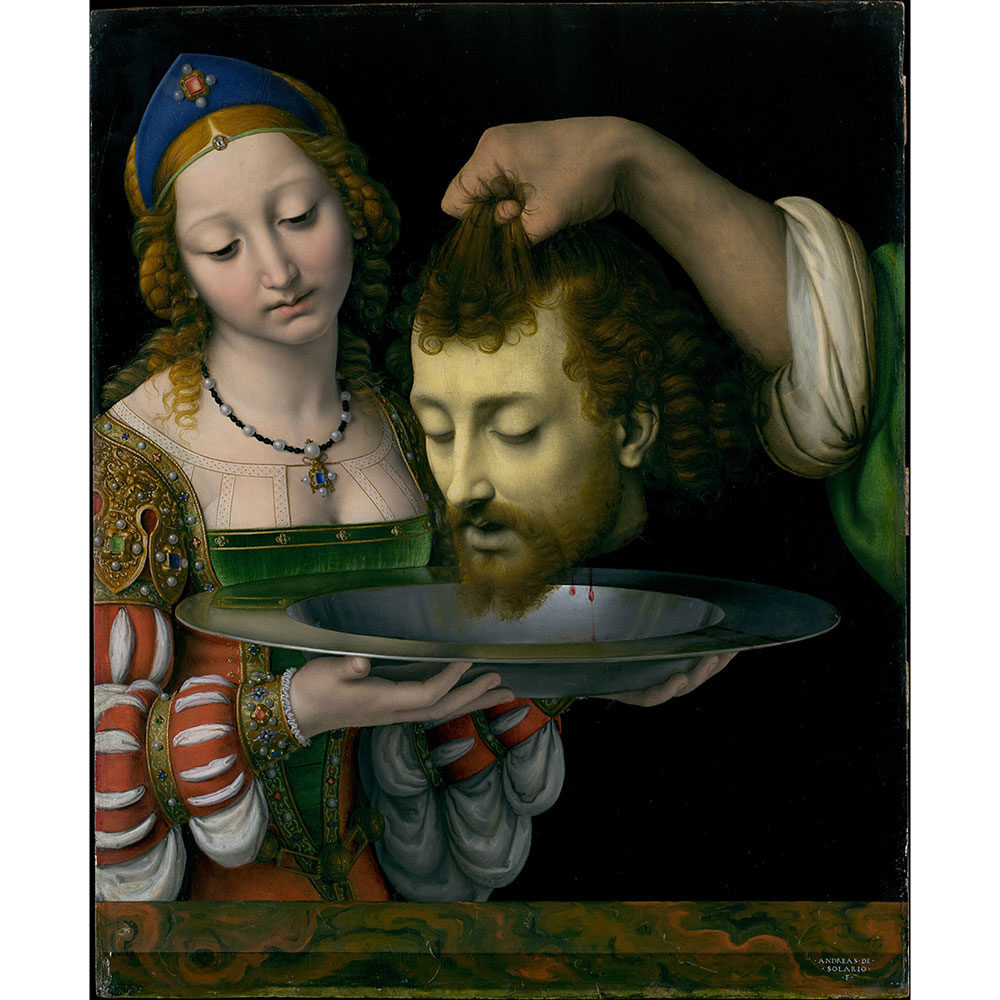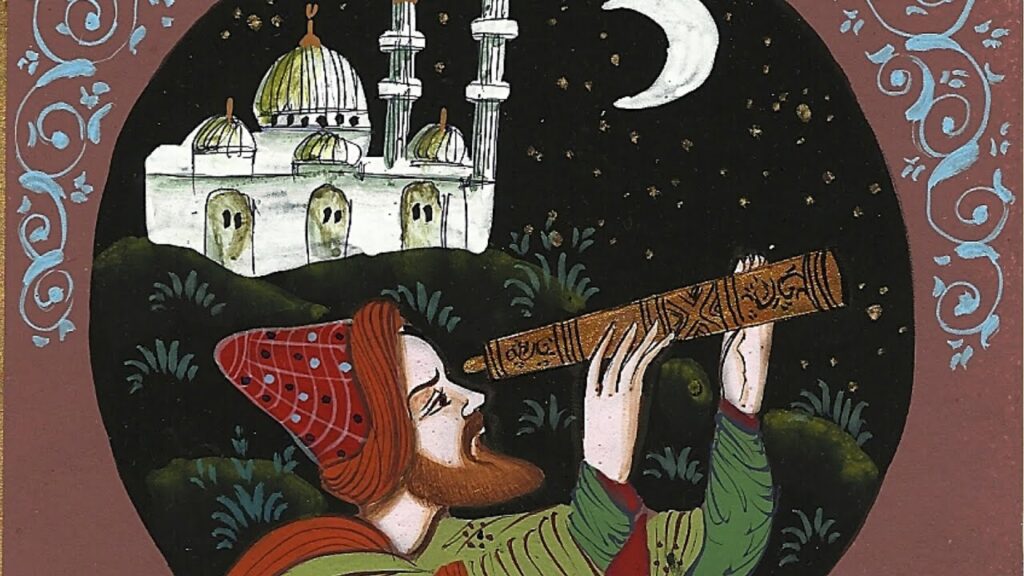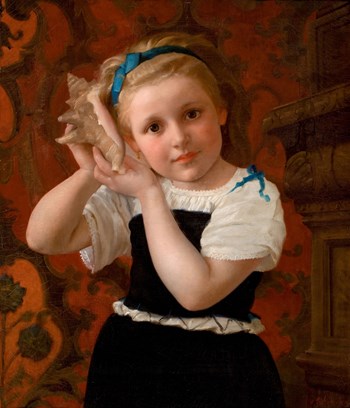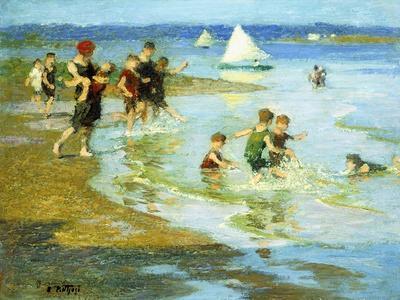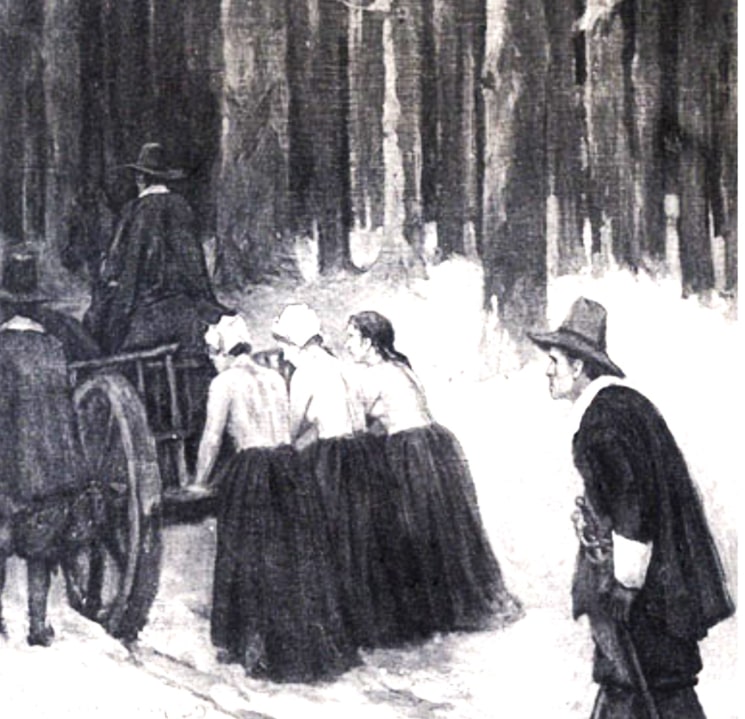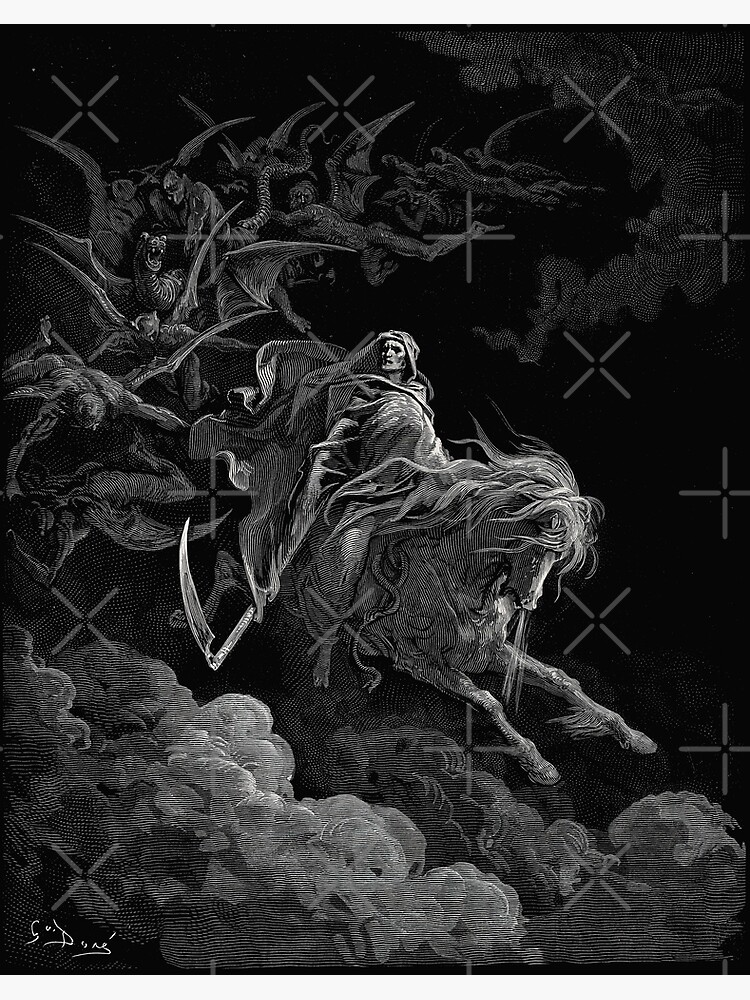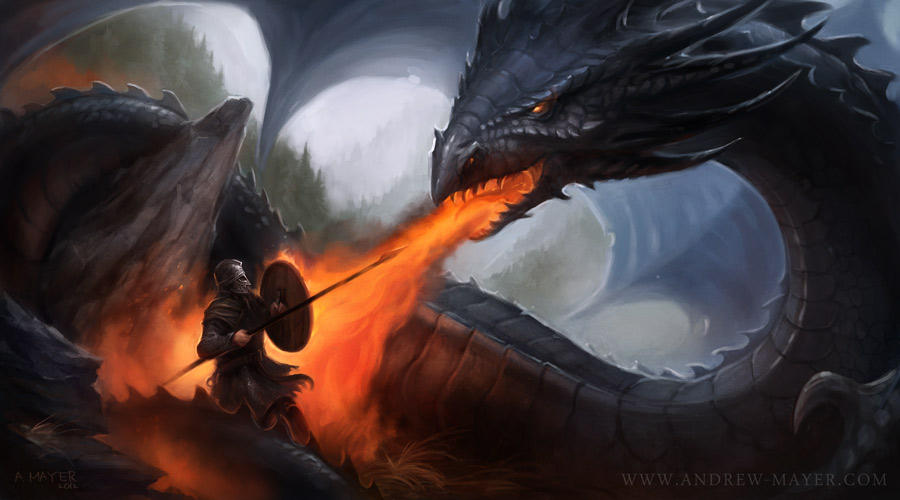Note: If you wish to receive, via e-mail, (1) my weekly newsletter or (2) daily copies of these posts, write to me at rrbates1951@gmail.com. Comments may also be sent to this address. I promise not to share your e-mail with anyone. To unsubscribe, write here as well.
Monday
As many predicted, Donald Trump is treating his vice-presidential pick like an episode on The Apprentice, with the additional advantage (for him) as having candidates grovel before him a little longer. What comes to my mind is the degree to which the dunces in Alexander Pope’s famous mock epic are willing to degrade themselves to get what they want.
Before turning to Pope, here’s what one of our own satirists–New Yorker’s Andy Borowitz—has to say about Trump’s veepstakes:
Now in the final stages of choosing a running mate, Donald J. Trump is screening potential picks for any troubling signs of self-esteem, a campaign staffer confirmed on Tuesday.
“In terms of a total lack of self-worth, Mike Pence set the bar pretty high,” the staffer said. “If he had been willing to violate the Constitution he would’ve been a keeper.”
Borowitz comes up with two examples. J.D. Vance first:
According to the staffer, Sen. J.D. Vance of Ohio made a fatal error in a recent grilling session when he accidentally used the word “I” in Trump’s presence.
“That indicated that he might have an identity of his own apart from Trump,” the staffer said. “Sadly, I think J.D.’s toast.”
And now Marco Rubio:
As the field narrows, Sen. Marco Rubio of Florida appears to be leading in the self-debasement sweepstakes.
“Trump insulted Rubio relentlessly in 2016 by calling him ‘Little Marco,’ and yet the senator is still desperate to be chosen,” the staffer says. “If he has even a shred of dignity, he’s done an amazing of job hiding it.”
The Dunciad was Pope’s takedown of the trash writers of his day. Parodying the epic games in The Aeneid, there are two self-abasing contests in particular that fit our situation. [Warning: Scatological humor ahead.]
The goddess Dulness creates a phantom poet who, because he appears rich and noble, is particularly sought after by the unscrupulous booksellers of the day, particularly Bernard Lintot and Edmund Curl. Both are willing to wade through piss and excrement to obtain the prize. Like the original scene in the Aeneid, one contestant slips, giving temporary advantage to the other. In this case, Curl slips in the contents of the chamber pot that his own chambermaid has emptied in front of Lintot’s bookstore (“fallen in the plash his wickedness had laid”):
Full in the middle way there stood a lake,
Which Curl’s Corinna chanc’d that morn to make,
(Such was her wont, at early down to drop
Her evening cates before his neighbor’s shop,)
Here fortun’d Curl to slide; loud shout the band,
And Bernard! Bernard! rings thro’ all the Strand.
Obscene with filth the miscreant lies bewrayed
Fallen in the plash his wickedness had laid…
Rather than the filth and abasement slowing him down, however, it gives him extra force. It’s like the way that the Veep applicants seem to get special energy from Trump’s humiliations:
Renew’d by ordure’s sympathetic force,
As oil’d with magic juices for the course,
Vigorous he rises; from the effluvia strong
Imbibes new life, and scours and stinks along;
Repasses Lintot, vindicates the race,
Nor heeds the brown dishonors of his face.
The second contest fits our purposes even better because it involves political hacks. Whoever can dive the deepest into London’s sewer system (Fleet Ditch, formerly the Fleet River) will get the sought-after prize. In this case, the prize is added publicity, achieved through bound magazines, along with a pound of lead. Once again, the goddess Dulness is presiding over the contest and addresses the contestants:
[All descend]
To where Fleet-ditch with disemboguing streams
Rolls the large tribute of dead dogs to Thames,
The king of dikes! than whom no sluice of mud
With deeper sable blots the silver flood.
“Here strip, my children! here at once leap in,
Here prove who best can dash through thick and thin,
And who the most in love of dirt excel,
Or dark dexterity of groping well.
Who flings most filth, and wide pollutes around
The stream, be his the weekly journals bound…”
We get differing descriptions of the different dives into the muck. I haven’t paid so much attention to how the various Veep-candidates have been abasing themselves to match them up with the different dunces. Perhaps the first is like Vance, who after gaining a certain amount of fame through his book and then his business acumen, in that he climbs high in order to sink low. Here’s how Pope describes this dunce:
[He] climb’d a stranded lighter’s height,
Shot to the black abyss, and plunged downright.
The senior’s judgment all the crowd admire,
Who but to sink the deeper, rose the higher.
Another, one William Arnall, is particularly active in the dirty crab dance, which is to climb by going downward and advancing by going backward. Which brings Marco Rubio to mind:
Not so bold Arnall; with a weight of skull,
Furious he dives, precipitately dull.
Whirlpools and storms his circling arm invest,
With all the might of gravitation bless’d.
No crab more active in the dirty dance,
Downward to climb, and backward to advance.
He brings up half the bottom on his head,
And loudly claims the journals and the lead.
Yet another contestant returns to sing the praises of swimming in, well, liquid shit, describing how brown sea nymphs have catered to him. Feel free to imagine here V-P aspirant and South Carolina senator Tim Scott, who perhaps surpasses everyone in talking about the seductive pleasures of Donald Trump. Hylas in the passage was a youth in Greek myth who was kidnapped and ravished by water nymphs:
First he relates, how sinking to the chin,
Smit with his mien, the mud-nymphs suck’d him in:
How young Lutetia, softer than the down,
Nigrina black, and Merdamante brown,
Vied for his love in jetty bowers below,
As Hylas fair was ravish’d long ago.
I’ve written in the past about how Winston Smith in 1984 learned to love Big Brother, all the more so because he was abused by him. I’m wondering if some similar psychology is at play with these Trump sycophants. Having once opposed Trump—and all have—perhaps they find a new kind of pleasure and release in surrendering to him completely.
The prize goes to him “who flings most filth, and wide pollutes around.” Of these finalists we can justly say, “No crabs more active in the dirty dance.”
Previous post on GOP Veepstakes
Who Is to Be Trump’s V-P? Lady Bracknell Knows

